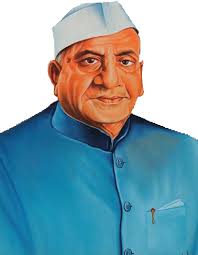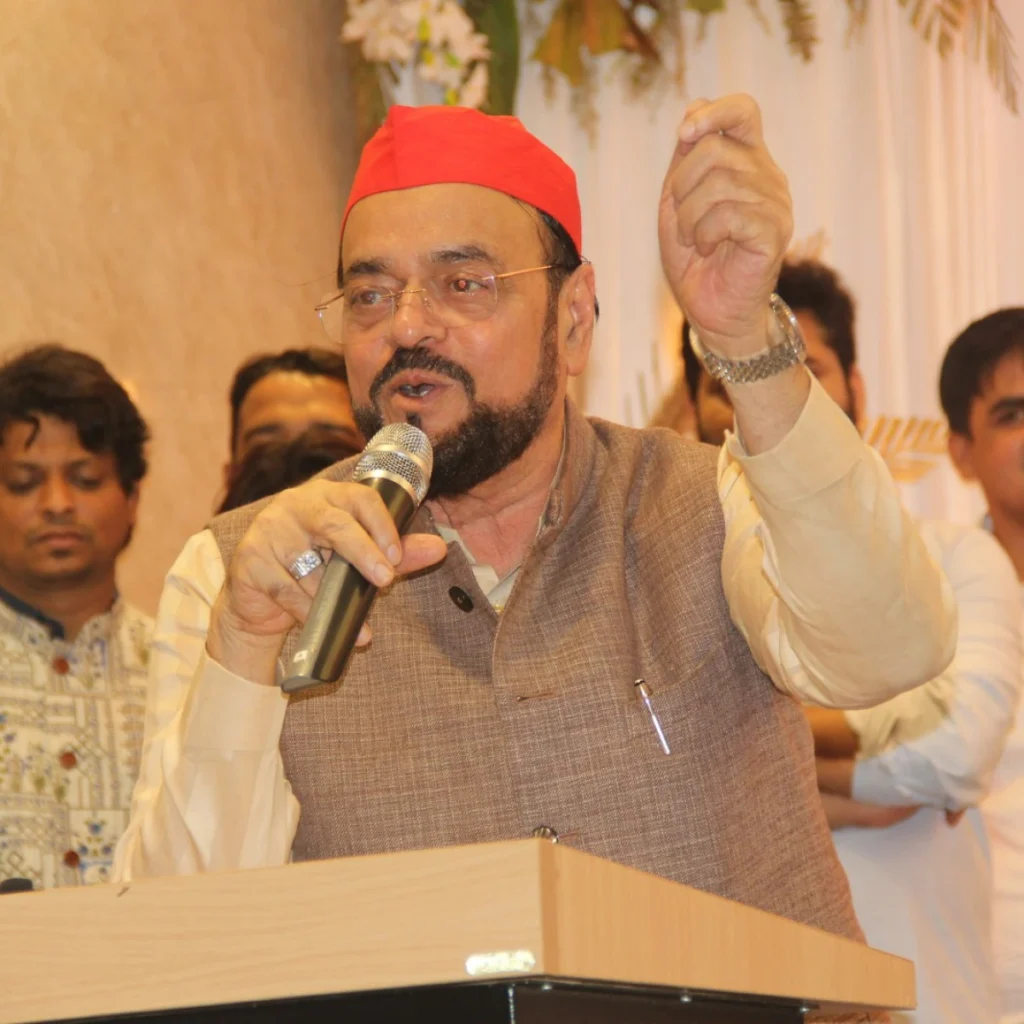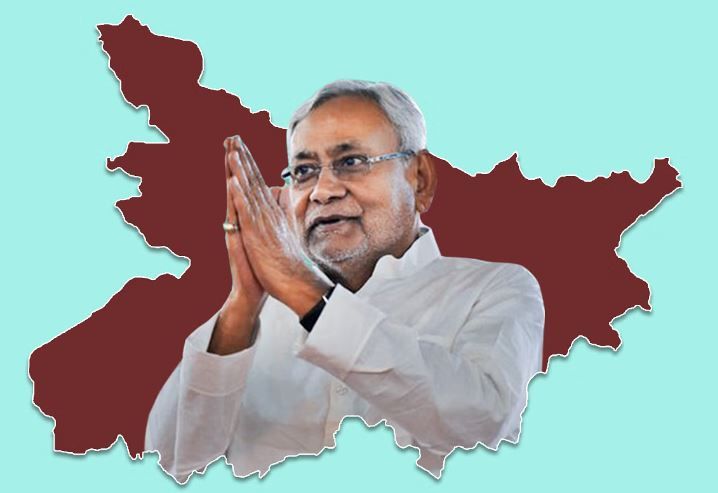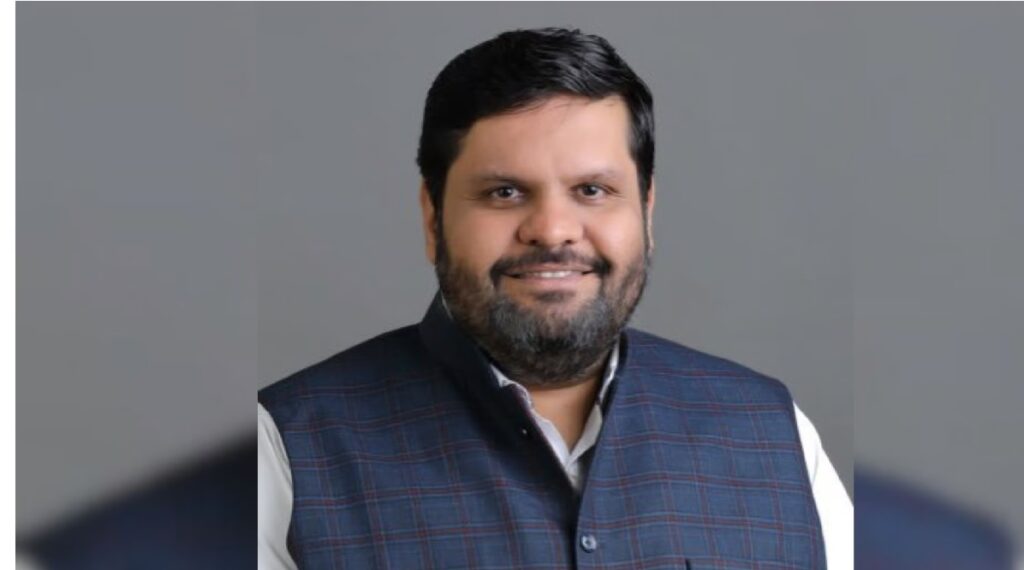Early Life and Background:
Dawood Ibrahim Kaskar was born on December 26, 1955, in Ratnagiri, Maharashtra, India, into a Konkani Muslim family. He was the son of a police constable, Ibrahim Kaskar, and grew up in Dongri, a neighborhood in Mumbai known for its rough streets and criminal elements.
During his youth, Dawood Ibrahim became involved in petty crime, including smuggling contraband goods and engaging in illegal activities. However, his ambitions soon outgrew the confines of petty crime, and he began to establish himself as a formidable figure within Mumbai’s underworld.
Rise to Power:
In the 1970s and 1980s, Mumbai’s underworld was undergoing a transformation, with various gangs vying for control of the city’s lucrative criminal enterprises. Dawood Ibrahim emerged as a key player in this underworld ecosystem, forming alliances with other crime syndicates and consolidating his power through a combination of ruthlessness and strategic acumen.
One of the defining moments in Dawood’s rise to power came in 1986 when he orchestrated the infamous Bombay Docks Explosion, a series of coordinated bombings targeting prominent figures in Mumbai’s criminal underworld. The bombings, which killed over 200 people and injured hundreds more, cemented Dawood’s reputation as a fearsome underworld don and solidified his control over the city’s criminal activities.
Global Expansion:
As Dawood Ibrahim’s criminal empire grew, so too did his ambitions. He began to expand his operations beyond the borders of India, establishing a network of criminal enterprises across South Asia and beyond. Dawood’s reach extended to countries such as Pakistan, Nepal, the United Arab Emirates (UAE), and beyond, where he formed alliances with local criminal organizations and terrorist groups.
One of the key aspects of Dawood’s criminal empire was his involvement in the illicit drug trade. He allegedly controlled a significant portion of the drug trafficking routes in South Asia, smuggling narcotics such as heroin and cocaine into various countries for distribution and sale. This involvement in the drug trade brought him immense wealth and power, further solidifying his position as a major player in the global underworld.
Alleged Involvement in Terrorism:
In addition to his involvement in organized crime, Dawood Ibrahim has also been accused of having links to terrorism. He is alleged to have provided financial and logistical support to various terrorist organizations, including Lashkar-e-Taiba (LeT) and Jaish-e-Mohammed (JeM), both of which are based in Pakistan and have carried out attacks in India.
One of the most notorious incidents linked to Dawood Ibrahim is the 1993 Bombay bombings, a series of coordinated terrorist attacks that rocked the city of Mumbai, killing over 250 people and injuring thousands more. While Dawood himself has denied any involvement in the bombings, Indian authorities have long alleged that he was the mastermind behind the attacks, orchestrating them in retaliation for anti-Muslim riots that had occurred in Mumbai earlier that year.
International Notoriety and Diplomatic Tensions:
Dawood Ibrahim’s criminal activities and alleged involvement in terrorism have made him a wanted man on the international stage. He has been designated as a global terrorist by the United States and the United Nations, and his name features prominently on various international watchlists.
The Indian government has repeatedly sought Dawood’s extradition from Pakistan, where he is believed to be hiding, but their efforts have been met with resistance from Pakistani authorities. Pakistan has denied Dawood’s presence on its soil and has refused to cooperate with India’s requests for extradition, leading to diplomatic tensions between the two countries.
Life in Hiding:
Despite being one of the most wanted men in the world, Dawood Ibrahim has managed to evade capture for decades, thanks in part to his extensive network of contacts and his ability to move discreetly between countries. He is believed to lead a reclusive lifestyle, surrounded by a small circle of loyal associates and family members.
Dawood is reported to have multiple residences in various countries, including Pakistan, the UAE, and possibly other locations, where he lives under assumed identities and tight security. His whereabouts remain a subject of speculation and intrigue, with occasional sightings reported in the media but never conclusively confirmed.
Legacy and Impact:
Dawood Ibrahim’s criminal empire and alleged involvement in terrorism have had far-reaching consequences, not only for the countries directly affected by his activities but also for the broader global community. His ability to operate with impunity across borders highlights the challenges of combating transnational organized crime and terrorism in an increasingly interconnected world.
Furthermore, Dawood’s story underscores the complex dynamics of crime, politics, and power in South Asia, where criminal organizations often operate in the shadows, exerting influence over both state and non-state actors. His continued evasion of justice serves as a stark reminder of the limitations of law enforcement and international cooperation in apprehending high-profile criminals.
In conclusion, Dawood Ibrahim’s life story is a testament to the dark side of human nature and the enduring allure of power and wealth, even at the expense of innocent lives. His criminal empire, global reach, and ability to evade capture have made him a legendary figure in the annals of crime, leaving a legacy of fear and fascination that continues to captivate the public imagination.






